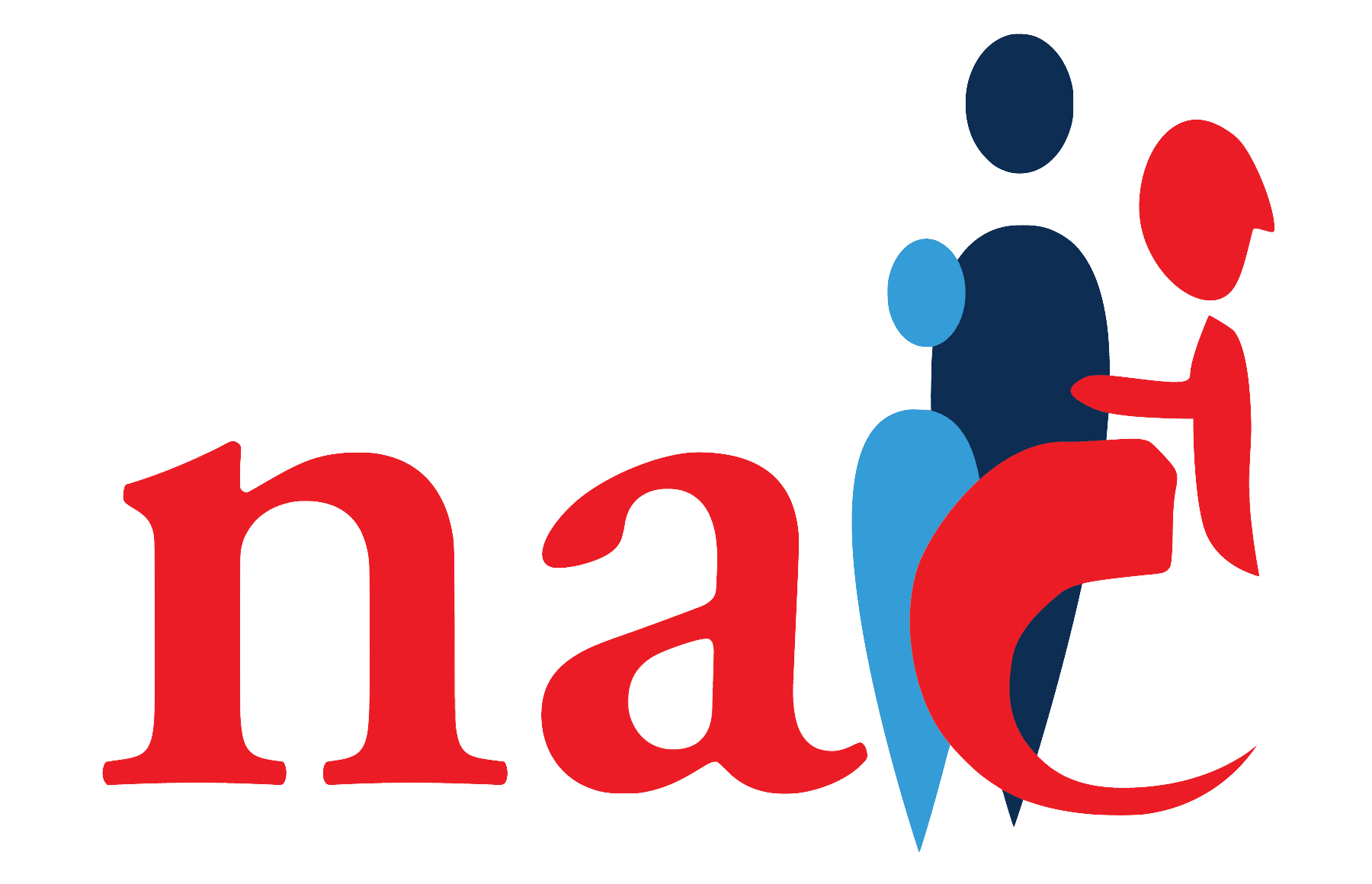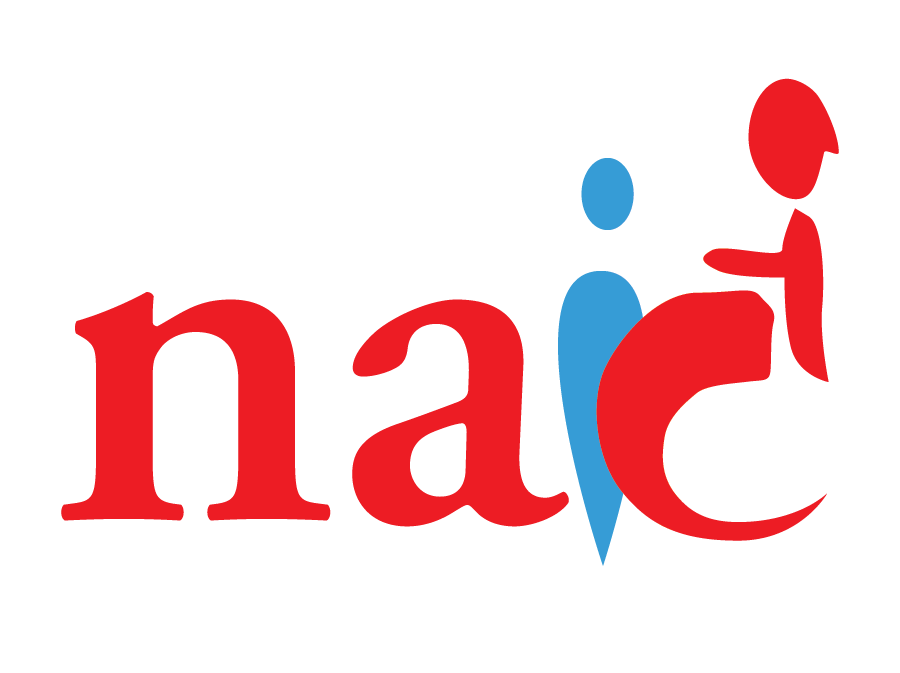National Organizations Unite to Uplift Family Caregivers in Cancer Care
WASHINGTON, July 24, 2024 – The National Alliance for Caregiving (NAC) is launching the Cancer Caregiving Collaborative, a cross-sector initiative dedicated to addressing the unmet needs of cancer caregivers by accelerating access to equitable training, support, and financial relief. Bringing together six national organizations across cancer care and a deep bench of subject matter experts and family caregivers, the Collaborative will advance two core priorities:
- Healthcare Integration: Advocating for equitable integration of family caregivers into cancer care teams by optimizing reimbursement pathways. This will increase access to high-quality training, educational resources, and support services.
- Financial Health: Addressing the financial burden of cancer caregiving by advocating for equitable financial support services and economic policies.
The Cancer Caregiving Collaborative’s network of champions will help shape policy and health care practice improvement efforts. The initiative will be guided by a steering committee that includes the American Cancer Society, CancerCare, Cancer Support Community, Lungevity, National Coalition for Cancer Survivorship, One Family Foundation, and the Shiley Haynes Institute for Palliative Care at California State University.
“Creating a more equitable and supportive cancer care services benefits both family caregivers and those they care for. It is a crucial step in easing the challenges individuals face along their caregiving journey,” said Yadira Montoya, Programs Director at The National Alliance for Caregiving. “The Cancer Caregiving Collaborative offers solutions that focus on integrating caregivers into health teams and mobilizing stakeholders to improve financial supports and policy change.”
With an estimated 18 million cancer survivors currently living in the United States, there are millions of family caregivers who are providing support to these individuals— helping with care coordination, symptom monitoring, medication management, and other complex medical tasks. Despite the critical role family caregivers play in caring for and supporting cancer patients— research shows significant gaps in support.
“Just two months before the arrival of our first child, my late husband received a devastating cancer diagnosis,” said Abena Apau Buckley, Executive Committee member of the Cancer Caregiving Collaborative and founder and CEO of Empowered Potential International. “We never imagined the joy of parenthood would be replaced with the constant weight of managing seizures, medications, appointments, and a sense of fear and exhaustion. As a former cancer caregiver who deeply understands the struggles of having to access support, I’m dedicated to using my experience to drive positive change in policy and research to ensure no family faces this journey alone.”
The Collaborative is funded by a consortium of organizations, including Bristol Myers Squibb, EMD Serono, Exelixis, Merck, Pfizer, and Sanofi.
To learn more about the Cancer Caregiving Collaborative and join our efforts, please visit: www.caregiving.org/cancer-caregiving-collaborative/


